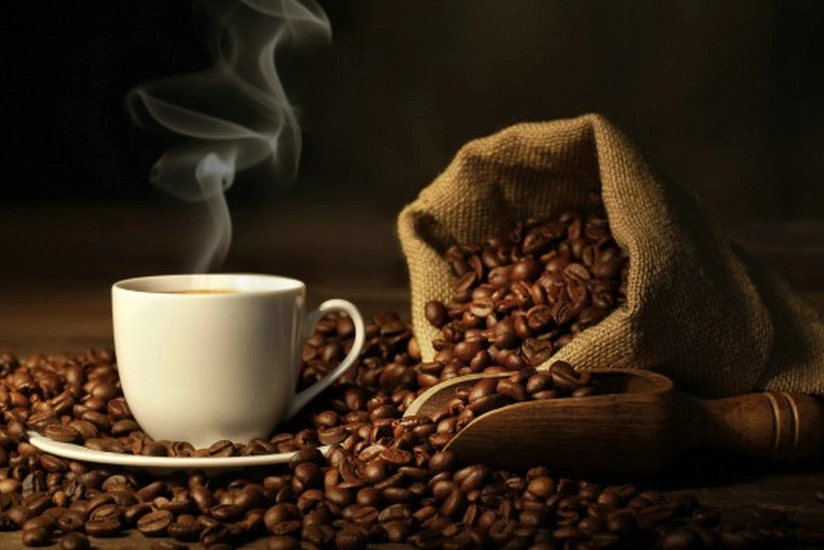WSJ: Coffee could get even pricier as Brazil’s harvest falters
- 22 August, 2022
- 06:40

A poor harvest in Brazil, the world’s largest coffee producer, threatens to push the cost of a cup of coffee even higher, Report informs via the Wall Street Journal.
Farmers in Brazil are dealing with the fallout from freakish weather last year, where plantations endured first drought and then frost. Some say that their crop of higher-end arabica coffee beans will be less than half what it could be in a good year.
Some of that bad news is already priced in for investors, coffee companies and drinkers. Brazil’s poor weather helped push coffee futures to multiyear highs in 2021, in one of a string of disruptions to global commodity markets. But if this year’s resulting crop proves even smaller than feared, that could exacerbate an international supply shortfall and help fuel new price gains.
Brazil matters to the global coffee market because it is by far the world’s biggest exporter. The upset is worse because its arabica coffee production runs in a two-year cycle, yielding a bigger crop in even-numbered years. Meanwhile, bad weather has also hurt the coffee industry in neighboring Colombia, another major producer.
Analysts once predicted Brazil’s arabica crop for the 12 months starting in July could match the record set two years earlier of 48.7 million bags, each holding 132 pounds of coffee. But the final figure is likely to be much lower. An early official forecast from Brazil is for just 35.7 million bags.
Market-watchers point to other signs of coffee demand outstripping supply, which could also bolster prices. The International Coffee Organization says global consumption will run ahead of production for a second year running, while Fitch Solutions says that stocks in Intercontinental Exchange warehouses are at their lowest level this century.
Coffee futures surged in 2021 and early this year, hitting an almost 10-year high of $2.58 a pound in February. They have since retreated somewhat, to about $2.23 a pound, but remain elevated compared with recent years.
Fitch doesn’t believe prices will rise further, but says a drop in Brazilian exports, coupled with a lack of warehouse stocks, will keep prices buoyant. It recently lifted its arabica forecast to $2.15 a pound for the rest of this year, slightly below recent levels.
